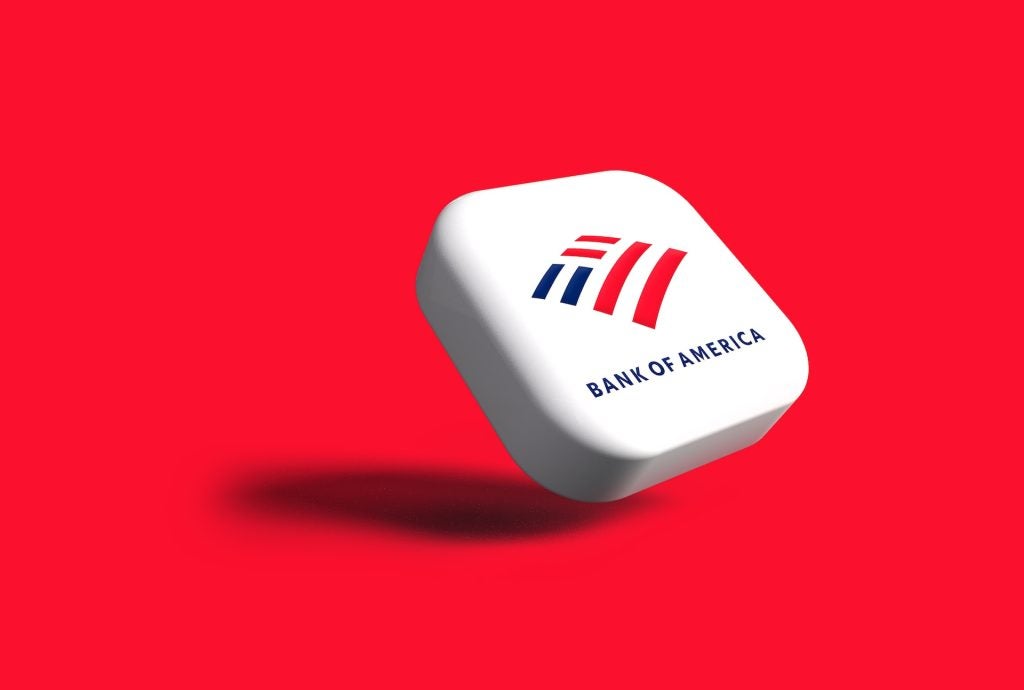The booming offshore market for
China’s currency, the yuan renminbi, is driving demands for
renminbi-denominated investment products.
China’s approach to liberalising
its monetary rules has been to create an offshore, or shadow,
currency in Hong Kong, known as the offshore yuan renminbi, or CNH,
which is partially convertible with the mainland CNY currency. The
idea is to start allowing its domestic currency to develop
internationalisation characteristics while keeping it protected
from global markets.
HSBC is in a front-foot position in
the race to service this growing market and wants to be the number
one offshore renminbi product provider.
Latest figures show the renminbi
deposit base in Hong Kong was RMB451.4bn at the end of March, up
almost 10% on the previous month.
Renminbi market is growing
“staggeringly quickly”: Meares
How well do you really know your competitors?
Access the most comprehensive Company Profiles on the market, powered by GlobalData. Save hours of research. Gain competitive edge.

Thank you!
Your download email will arrive shortly
Not ready to buy yet? Download a free sample
We are confident about the unique quality of our Company Profiles. However, we want you to make the most beneficial decision for your business, so we offer a free sample that you can download by submitting the below form
By GlobalDataThe offshore renminbi market is
growing “staggeringly quickly” says Meares. HSBC’s recent investor
strategy presentation said it had sold $2bn in offshore renminbi
products across all asset classes over the past year.
“What people expect to happen in 10
years is going to happen in three. So you are seeing renminbi bonds
and initial public offerings in the future, but you have to build
up offshore renminbi to invest in these,” he says.
HSBC is now offering renminbi
services to clients out of about 30 countries, mostly to traders
but also through its private bank, he says.
“Clients are very keen on the bond issues, where you have seen
companies like McDonald’s and Unilever issue offshore renminbi
bonds. HSBC also worked on the first renminbi initial public
offering in Hong Kong,” says Meares.
See also:
HK move reinforces HSBC emerging focus
Offshore renminbi powers ahead







